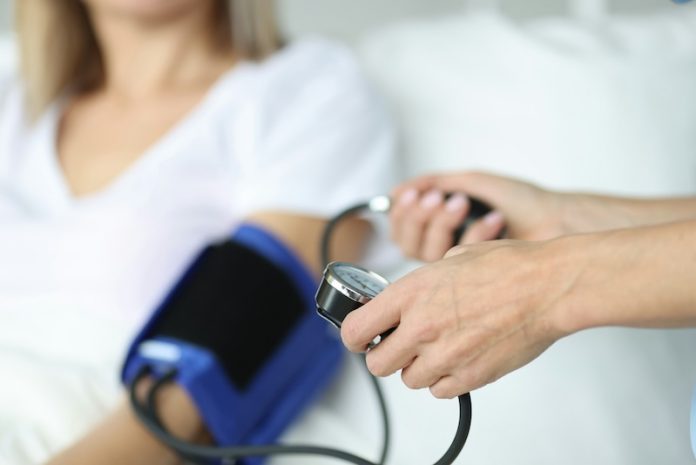
as people age, their blood pressure usually goes up from childhood into middle age. But what happens to blood pressure in older adults has been less clear. Now, researchers from the University of Exeter have found that blood pressure actually begins to drop around 14 years before death in older people. This discovery offers new insight into the health of aging adults.
In the past, scientists thought that lower blood pressure in older adults might be caused by the medicines used to treat high blood pressure. To learn more, the research team looked at medical records from 46,634 people in Britain who had died at the age of 60 or older. These included both healthy individuals and those with serious health problems like heart disease or dementia.
They found that the biggest drops in blood pressure were seen in people with conditions such as dementia, heart failure, major weight loss later in life, and those who already had high blood pressure. However, the researchers also found that even healthy older adults who didn’t have these conditions showed a slow and steady drop in blood pressure in the years before death.
This shows that the drop in blood pressure is not just because of illness or early death in people with high blood pressure. It happens to most people as they near the end of life, regardless of their health status.
This new knowledge can help doctors better understand and care for older patients. Doctors may need to pay closer attention to what a drop in blood pressure means for each person, especially when it happens gradually over several years.
However, this doesn’t mean that older people should stop treating high blood pressure or quit taking their medication. The researchers stress that more studies are needed to fully understand why blood pressure drops in this way as people age.
If you’re interested in learning more about blood pressure, there are many studies worth looking into. Some explore the causes of high blood pressure, how to measure it accurately, and the effects of certain drinks and medicines. For example, black tea has been shown to lower blood pressure, but some medications might raise the risk of heart failure.
This important study was led by Professor George Kuchel and published in the Journal of the American Medical Association Internal Medicine.
If you care about high blood pressure, please read studies about unhealthy habits that may increase high blood pressure risk, and drinking green tea could help lower blood pressure.
For more information about high blood pressure, please see recent studies about what to eat or to avoid for high blood pressure, and 12 foods that lower blood pressure.
Copyright © 2025 Knowridge Science Report. All rights reserved.



